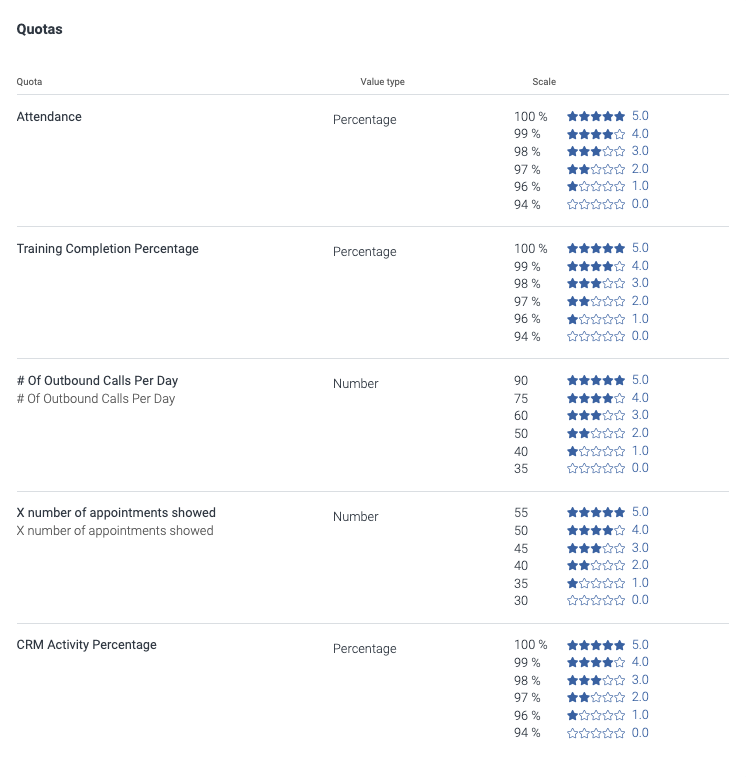Empowering Your Team Through Employee Development: The Essential Role of Managers as Coaches
In the dynamic environment of dealerships, the essence of management has evolved significantly. Today, the spotlight is on employee development, transforming managers into pivotal coaches in this process. This shift is not just a trend; it's a response to the aspirations of the modern workforce, including Millennials, Gen Z, and Gen Xers. These employees are in pursuit of more than just a job; they seek a role filled with purpose, where growth and development are in the forefront.
Why Employee Development Matters
The crux of employee development lies in the understanding that today’s employees crave continuous improvement. They value regular, constructive interactions with their managers that focus on harnessing their strengths and meticulously addressing areas for development. This paradigm shift underscores the transition from traditional management to a coaching-oriented approach, ensuring employees are not just heard but are actively guided towards their personal and professional goals.

The Role of Benchmarks in Coaching
To facilitate effective coaching, it's crucial to establish clear benchmarks. These are often encapsulated in what many call a "scorecard." A scorecard is essentially a comprehensive list of objectives and metrics tailored to specific job roles, serving as the cornerstone for accountability and progress tracking. Whether it’s in sales, service, or any department within a dealership, these benchmarks are instrumental in engaging employees, providing them with a clear vision of what success entails.
Learn how to create a Service Advisor Scorecard.
Investing in Scorecards for Sustainable Growth
The adoption of scorecards is a strategic move towards fostering a culture of employee development. It's about investing in your team's potential, providing them with the tools and guidance to understand their job roles deeply, and setting clear, attainable goals. Success, therefore, becomes a shared vision, transcending the simplistic goal of "selling more cars" to achieving well-rounded growth and development.

Balancing Performance and Effort Quotas
An effective scorecard balances performance quotas, such as sales targets, with effort quotas, like customer relationship management (CRM) completion rates. This balance ensures that employees are recognized for their hard work and dedication, even when direct outcomes may take time to manifest. For instance, a Business Development Center (BDC) Agent might be evaluated on both the number of appointments set (performance quota) and their CRM completion percentage (effort quota). This dual approach keeps motivation high, acknowledging the efforts that pave the way to sales success.
Redefining Management in Dealerships
Today’s dealership management goes beyond supervisory tasks; it's about championing employee development. Managers are expected to wear multiple hats - from accountants to mentors, tailoring their approach to meet the unique needs of their team. This holistic view of management is pivotal in preventing employee turnover, which is often attributed to managerial shortcomings. By embracing scorecards and focusing on individual development, managers become the catalysts for team growth and organizational success.
Conclusion
The emphasis on employee development is more than just a managerial responsibility; it's a strategic investment in the dealership's future. By nurturing a culture where managers act as coaches, focusing on both the strengths and areas for growth of their employees, dealerships can unlock unprecedented levels of engagement and performance. It's time to pivot towards a model where employee development is at the heart of your dealership's operational strategy, ensuring sustainable success in an ever-evolving industry.
